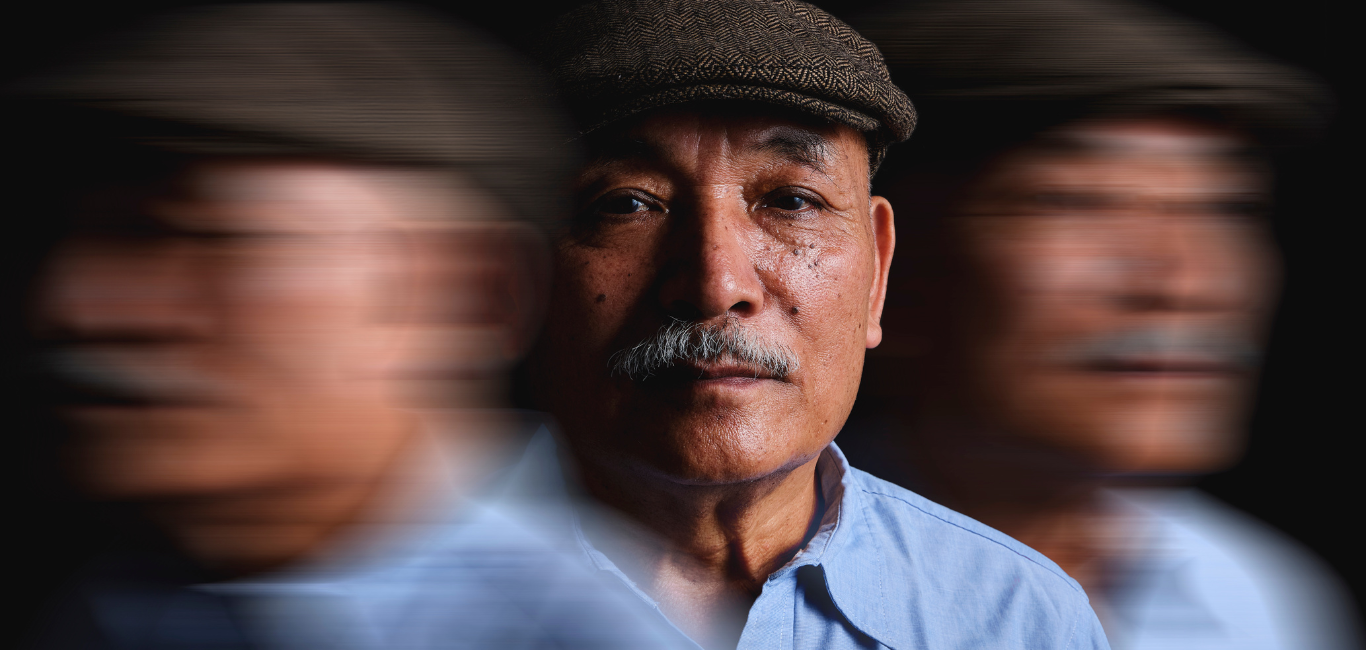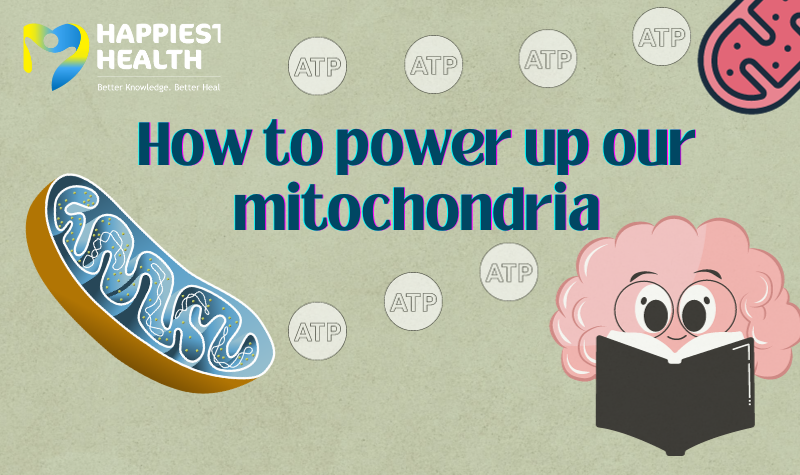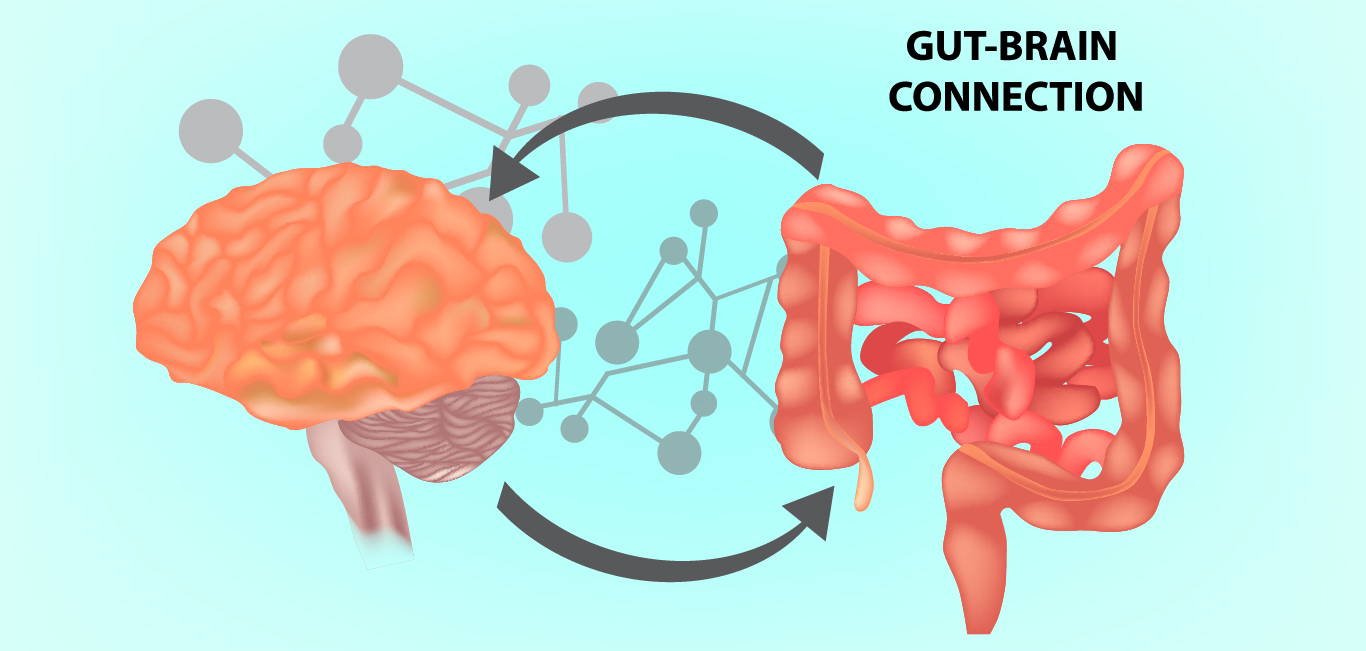
Occasionally, we misplace our keys or forget to wear our watch. At times, we find ourselves clueless and uncertain about the next steps for a task. These instances result from our brains’ tendency to prioritise important information over trivial details. This inherent phenomenon of memory lapses is often called cognitive bias.
However, memory slip-ups are not the same for those grappling with dementia. People with dementia constantly experience confusion. Such situations hamper their routine activities, rendering them dependent on the support of family members or caregivers. In the early stages of cognitive decline, they may repeat their questions, ask for the same information or struggle to recall details just moments after being told.
Cognitive decline demands attention
According to the World Health Organization, dementia is ranked the seventh significant cause of mortality worldwide and a major contributor to disability and dependence among the older population. At present, 5.5 million people live with dementia, with approximately 10 million added each year.
At the Dementia Alliance launch event, professor Mathew Varghese, senior professor of psychiatry at the National Institute of Mental Health and Neuro Sciences (NIMHANS), Bengaluru, gave further insights on the rising dementia numbers. Of the 5.5 million individuals living with dementia, only 0.5 million are diagnosed and receive the required treatment and care. The condition of the remaining 5 million goes unassessed. Besides, they do not receive the necessary attention.
Why is dementia on the rise?
Dr Varghese cautions that dementia can affect anyone. The risk escalates with factors such as obesity, hypertension, constant exposure to pollution, a history of traumatic brain injury or limited social interactions.
Identifying the factors and taking steps to address them could postpone the onset of cognitive decline. Simple lifestyle changes such as exercising regularly and developing social connections beyond mobile phone interactions could be helpful, he suggests.
The battle within
Dr Radha Murthy, president of Dementia India Alliance, Bengaluru, explained how dementia affects brain regions and their corresponding functions. Moreover, dementia can affect cognition, speech, perception, emotions and behaviour.
Injury, age and hypertension can cause damage to brain cells, affecting their ability to communicate. The brain has distinct regions, each assigned specific functions, like memory, judgement, and motor control. When cells within a particular region are damaged, that region loses its ability to function properly. These damaged cells wither and die over time, causing disruptions in thinking, emotions and behaviour. “This damage is permanent and cannot be reversed; the sole approach is to identify early signs and address the symptoms or postpone its onset,” Dr Murthy emphasised.
The many faces of dementia
The speakers highlighted that dementia has no single aspect and cannot be described as a sole condition. It has several added factors. “It [dementia] is an umbrella term used to describe a range of neurological conditions affecting the brain that get worse over time,” said Dr Murthy.
For instance, in Alzheimer’s disease, the accumulation of high levels of proteins inside and outside brain cells makes it difficult for them to communicate. The hippocampus, a brain region responsible for learning and memory, is often the first region to be affected in Alzheimer’s. Therefore, memory loss is one of the early signs of the condition. “[However] Alzheimer’s is just one among several types of dementia,” said Dr Srikala Bharath, consultant adult and geriatric psychiatrist in Bengaluru.
Race against time
Dr Murthy said, “[Although] most brain changes that cause dementia are permanent and worsen over time, early identification can help manage cognitive decline and memory issues.”
However, there is no one test to assess dementia. Doctors diagnose Alzheimer’s and other dementia types based on a thorough medical history review, physical assessment, laboratory tests, and the changes in thinking, daily functioning, and behaviour linked to different types of dementia.
“Pinpointing the exact type of dementia is challenging because the symptoms and brain changes overlap,” said Dr Bharath. Consulting a specialist like a neurologist, psychiatrist, psychologist or geriatrician may become necessary for a more precise diagnosis and care plan.
Caring beyond words
Dementia India Alliance (DIA) is a non-profit organisation dedicated to enhancing the well-being of people with cognitive decline. Its mission involves assisting family caregivers and promoting an inclusive society for those affected by dementia.
Like DIA, many other non-profit organisations also focus on benefiting communities with dementia. “The key ingredient for making a positive impact is increasing awareness, reducing stigma, and prompt diagnosis,” said Dr Murthy.

















